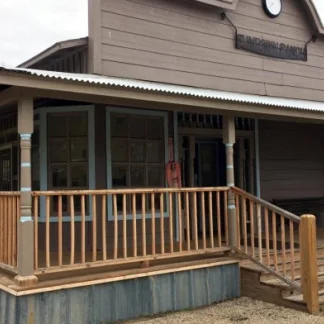Cognitive Behavioral Therapy (CBT) is a therapy modality that focuses on the relationship between one's thoughts, feelings, and behaviors. It is used to establish and allow for healthy responses to thoughts and feelings (instead of unhealthy responses, like using drugs or alcohol). CBT has been proven effective for recovering addicts of all kinds, and is used to strengthen a patient's own self-awareness and ability to self-regulate. CBT allows individuals to monitor their own emotional state, become more adept at communicating with others, and manage stress without needing to engage in substance abuse.
A major focus of treatment includes counseling and education enabling family members to share, understand and help in the rehabilitation process. At their Intensive Family Program weekend, specific activities are designed to build relationships and enhance communications. In addition, they combine extensive chemical education, family systems model counseling, multi-family therapy, and experiential work to heal wounds and rebuild bridges.
Group therapy is any therapeutic work that happens in a group (not one-on-one). There are a number of different group therapy modalities, including support groups, experiential therapy, psycho-education, and more. Group therapy involves treatment as well as processing interaction between group members.
Well balanced meals are prepared daily in Sundown Ranch country kitchen, with careful attention given to the particular nutritional needs of each and every client. Special diets are served as prescribed by the attending physician. The combined skills of the Dietitian, Food Service Manager and Dietary Staff result in home cooked menus with variety and imagination. Spring, Summer, Fall and Winter menus (four sets) are served on a four week cycle. To enhance variety, they offer a daily salad bar.
Trauma therapy addresses traumatic incidents from a client's past that are likely affecting their present-day experience. Trauma is often one of the primary triggers and potential causes of addiction, and can stem from child sexual abuse, domestic violence, having a parent with a mental illness, losing one or both parents at a young age, teenage or adult sexual assault, or any number of other factors. The purpose of trauma therapy is to allow a patient to process trauma and move through and past it, with the help of trained and compassionate mental health professionals.
